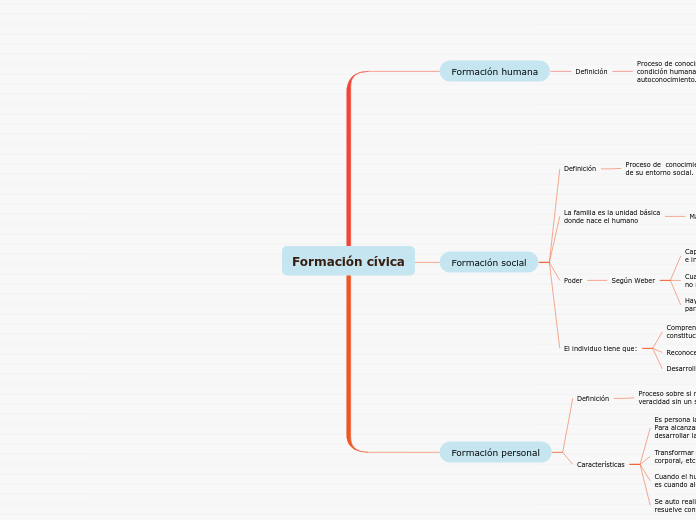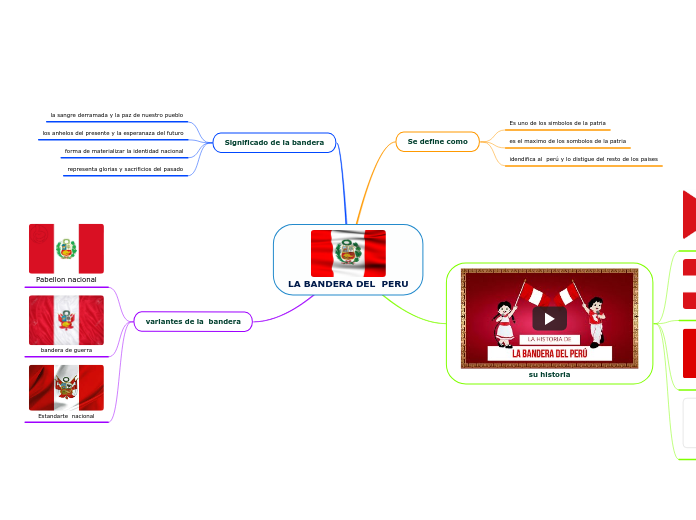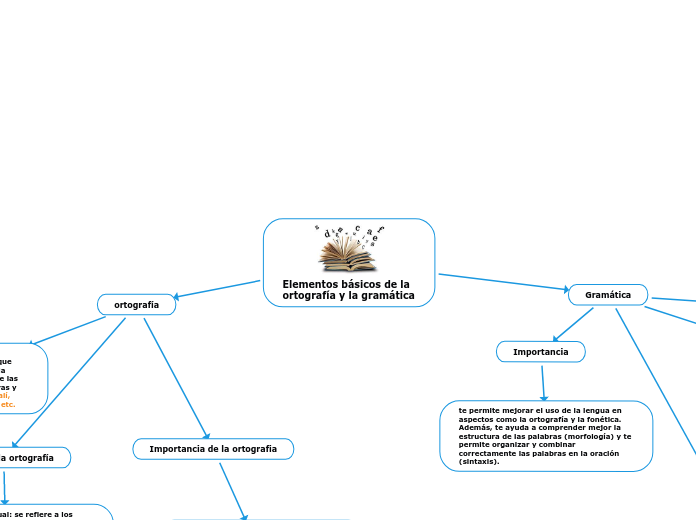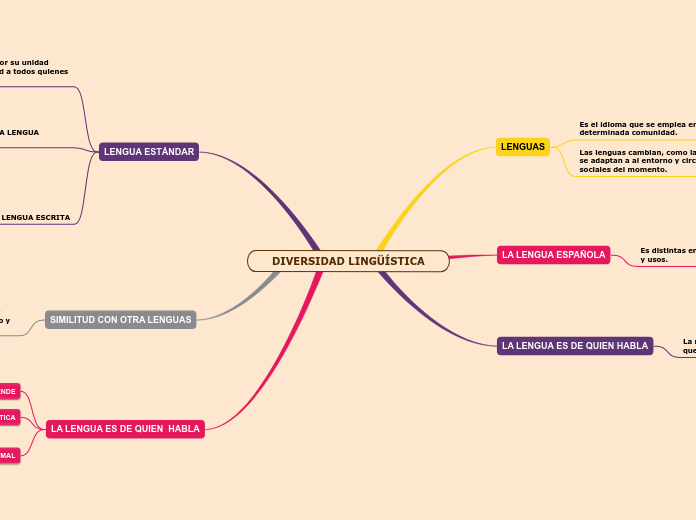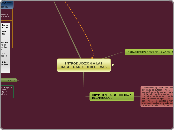Formación cívica
To name your story, you have to think about the overall message and what you want your audience to understand from the story. Also, make it relevant and easy to remember.
Formación personal
The ending of a story is essential. We all know that if the ending is weak, what happened before loses its importance. So make it unpredictable, but fair. A resolved ending answers all the questions and ties up any loose threads from the plot.
Características
This is the closure section of the story.
See examples of possible outcomes below:
- all problems have been solved
- it's clear how each one of your characters ends up
- your main character is transformed by the challenge
Se auto realiza cuando se centra en su realidad y resuelve conflictos
Cuando el humano forma su humanidad
es cuando alcanza una formación integral
Try answering these questions in order for you to come up with a closure:
- Have all problems been solved?
- Is it clear what happens with all your characters in the story?
- Has the challenged transformed your main character?
- How do the characters feel in the end?
Transformar algunos aspectos (ética, estética, corporal, etc.) para el auto reconocimiento.
Es persona la cultura mas el humano.
Para alcanzar la plenitud se debe
desarrollar la voluntad.
Try answering these questions to come up with a closure:
- Have all the problems been solved?
- Is there a clear picture of what happens with each character in the story?
- Has the challenge transformed your main character?
- How do the characters feel in the end?
This is the moment when the main character surpasses the last obstacle and finally faces their greatest challenge.
The climax usually follows one of these patterns:
- realization
- resolution
- choice
Type in your answer.
Proceso sobre si mismo, para alcanzar su
veracidad sin un sentido egocéntrico.
Formación social
The middle of the story is where you add layers of complications that will lead to the end. Reveal more about the character's journey. Did their personality go through changes? How did they overcome the challenges? And as you build up the story’s central conflict, make it more personal to that character. Also, from the middle act, you have to lead into the final act.
El individuo tiene que:
Desarrollar aptitudes para resolver conflictos.
Reconocer y aceptar a los demas.
Comprender las normas sociales y
constitucionales para vivir pasificamente
Poder
Según Weber
Hay que saber manejarlo
para dar seguridad.
Cuando es mal llevado
no motiva a las personas
Capacidad de decidir
e influir en otros.
La familia es la unidad básica
donde nace el humano
There wouldn't be any tension and excitement in your story if there weren't any obstacles in your character's way.
Manifestaciones culturales
A story is nothing more than a character overcoming a series of difficulties to reach the desired goal. Obstacles usually create suspense and conflict. In overcoming obstacles, there is growth: weak becomes strong; hatred turns into love; sadness into happiness; wrong into right; lies into truth; or evil becomes good.
See a few examples below:
- stopping a meteor
- finding a killer
- finding love
Van cambiando con el tiempo
Aprende a comportarse
Formación de identidad
Your character(s) need(s) motivation in order to solve the challenge(s).
Proceso de conocimientos
de su entorno social.
Why does your character need to confront this challenge? What does he/she expect to accomplish by solving it?
See a few examples:
- will marry in 3 days
- can fix the mistakes of the past
Compuesto por ideologías
para el desarrollo y convivencia
La mas desarrollada
Formación humana
In the beginning of the story (or the exposition), you will need to introduce the setting and characters. You might also want to introduce the main conflict. This part of the story is important because it gives the reader necessary background information and maybe even a first insight into a character’s personality.
Definición
Characters are essential to a good story. Usually, the protagonist(s) is/are the most affected by the plot. Introduce a character by focusing on their actions, interests, and occupation, as the physical appearance doesn't make a difference in most cases.
Proceso de conocimiento sobre la
condición humana para su
autoconocimiento.
Type in the name of your character.
Maslow desarrolla una pirámide
de necesidades:
Add other qualities/attributes of the character.
1° Fisiológicas
2° Seguridad
3° Afiliación
4° reconocimiento
5° Autorrealización
Posee facultades
What is your character's main goal?
fight Evilfind lovedefeat his/her enemyrule the worldmake friendstime travelmake an awesome discoveryOther
Voluntad: actuar para
alcanzar el bien.
Inteligencia: distinguir
el bien del mal.
Descartes: todo humano posee
alma y cuerpo.
Which traits best describe the character's personality? Choose more if necessary:
introvertedloyalkindindependentquick-thinkingadventuresomeidealisticsweet-naturedcalmrisk-takercreativewittystrictfussyweirdclumsyharshaggressivecarelessclingingcowardlycrueldeceitfulimpulsiveOther
Cada individuo se define.
Choose the type of your chacter:
Protagonist (main character)Antagonist (main character's opponent)Flat (stereotypical character)Round (his/ her personality develops throughout the story)Static (doesn't evolve as a person throughout the story)Dynamic (dramatical change in personality)Confidant (the main character trusts him/ her)Foil (contrasting character who enhances the personality of another character)Other
